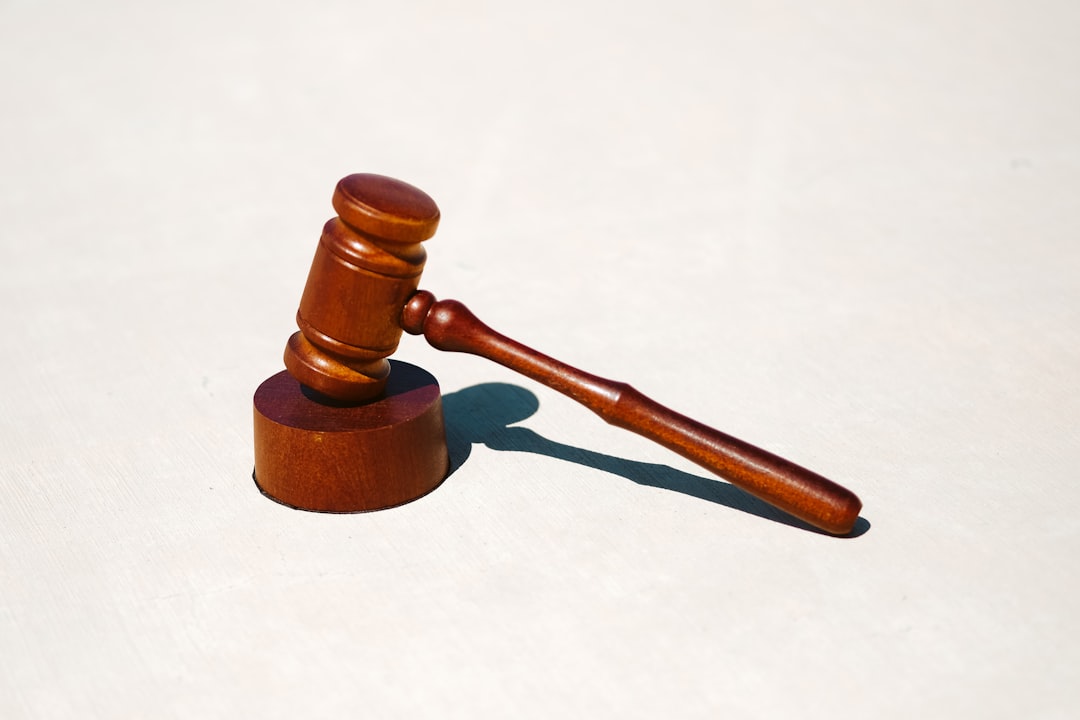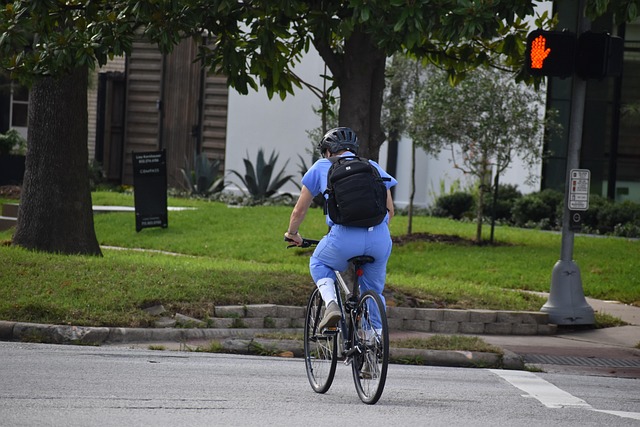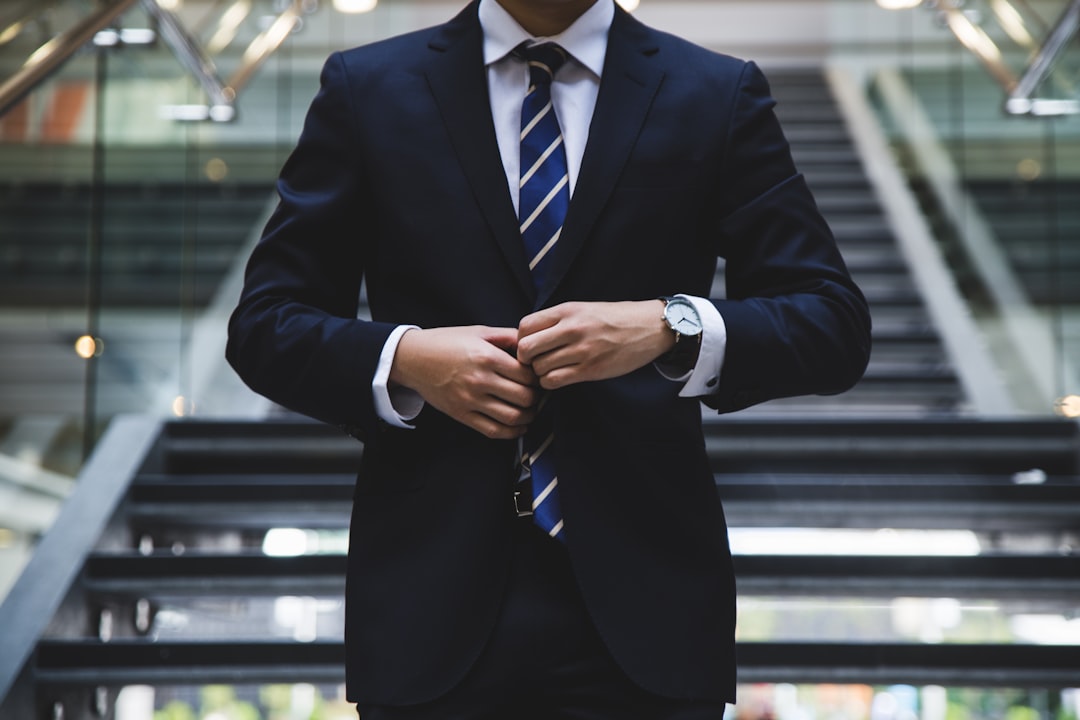Rape lawyers in Houston, TX play a critical role in navigating complex cultural contexts within the city's diverse population. They address language barriers, cultural differences, and cross-cultural biases to ensure fair legal proceedings for victims from various backgrounds. By understanding local perspectives on consent, preserving victim narratives, and building trust with diverse communities, these specialists advocate for justice while respecting cultural heritage.
In Houston, TX, cultural differences significantly impact rape cases, posing unique challenges that demand nuanced understanding. This article explores how varying social contexts, language barriers, and differing perceptions of consent create complex dynamics in legal proceedings. We delve into the critical role of rape lawyers in navigating cross-cultural biases and providing effective advocacy for victims from diverse backgrounds. By examining these aspects, we aim to highlight strategies essential for ensuring justice in a multicultural metropolis like Houston.
Understanding Cultural Context: A Key Factor in Rape Cases

In Houston, TX, understanding cultural context is a pivotal aspect in navigating rape cases. The city’s diverse population brings a range of beliefs, values, and interpretations of sexual assault, which significantly impact legal proceedings. What may be considered consensual in one culture could be viewed very differently in another, potentially leading to misunderstandings and misrepresentations within the legal system.
Rape lawyers Houston TX play a crucial role in recognizing and addressing these cultural nuances. They must possess a deep sensitivity to cultural differences to ensure that their clients’ cases are handled with both justice and respect for their heritage. By understanding the context in which the alleged assault took place, lawyers can build stronger defenses or support victims, ultimately leading to more equitable outcomes in court.
Challenges in Communication: Language Barriers and Misunderstandings

In Houston, TX, where a diverse cultural fabric is woven into the city’s tapestry, rape cases often present unique challenges, especially when it comes to communication. The presence of non-native speakers or individuals from different ethnic backgrounds can create language barriers that significantly impact legal proceedings. These barriers may hinder victims from effectively conveying their experiences and needs, leading to misunderstandings in court. For instance, a victim might struggle to articulate the nuances of their assault due to translation issues, affecting the accuracy of evidence collection and witness testimonies.
Rape lawyers Houston TX play a pivotal role in navigating these complexities by employing interpreters and cultural advocates. These professionals ensure that every detail of the case is accurately translated and interpreted, preserving the integrity of the victim’s story. They also help dispel cultural misunderstandings, ensuring that judicial decisions are unbiased and fair, ultimately facilitating justice for all victims, regardless of their linguistic or cultural backgrounds.
Social Norms and Perceptions of Consent: Diversity in Legal Interpretations

In Houston, TX, as in many cities worldwide, cultural differences significantly shape how society perceives and interprets consent, particularly in sensitive cases like rape. What is considered explicit consent in one culture might be seen differently in another. For instance, certain communities may have stricter norms around personal space and physical contact, which can influence how individuals communicate their consent or interpret others’ actions. This diversity in social norms requires a nuanced understanding from both the community and legal systems to ensure fair justice for all.
Rape lawyers Houston TX often find themselves navigating these complex cultural dynamics. They must be adept at interpreting local, regional, and global perspectives on consent to provide effective representation. This includes understanding how different communities define and communicate consent, as well as recognizing potential misunderstandings that could impact the legal outcome. Such sensitivity not only ensures a more equitable process but also fosters trust between the legal system and diverse communities in Houston.
Navigating Cross-Cultural Bias: The Role of Rape Lawyers in Houston

Navigating cross-cultural bias is a delicate task for rape lawyers in Houston, TX. The city’s diverse population presents unique challenges when representing survivors from various cultural backgrounds. Each culture carries its own set of beliefs and values surrounding sexual assault, which can significantly impact how cases are perceived and handled. Lawyers must be adept at understanding these nuances to ensure fair representation.
Rape lawyers play a crucial role in challenging stereotypes and preconceived notions that may exist within the legal system and society at large. They need to be sensitive to cultural differences in reporting, evidence collection, and communication styles. By doing so, they can provide more effective advocacy for their clients, ensuring that justice is served without regard to cultural background. This involves building trust with survivors from diverse communities, understanding their unique perspectives, and tailoring legal strategies accordingly.
Strategies for Effective Advocacy: Representing Victims from Diverse Backgrounds

When advocating for victims of sexual assault from diverse cultural backgrounds, attorneys in Houston, TX play a crucial role in ensuring their cases are handled sensitively and effectively. Understanding the unique circumstances and beliefs associated with different cultures is essential to providing competent legal representation. For instance, some communities may have specific rituals or practices following such trauma, requiring lawyers to be aware of and respectful towards these cultural norms.
Rape lawyers Houston TX who specialize in this area must be adept at communicating and building rapport with clients from various ethnic and social groups. This involves learning about their cultural context, traditions, and potential barriers to reporting and participating in legal proceedings. By doing so, attorneys can offer tailored support, address any fears or misconceptions, and help victims navigate the justice system confidently. Such strategic advocacy not only strengthens the case but also empowers victims, enabling them to share their stories on their terms.





